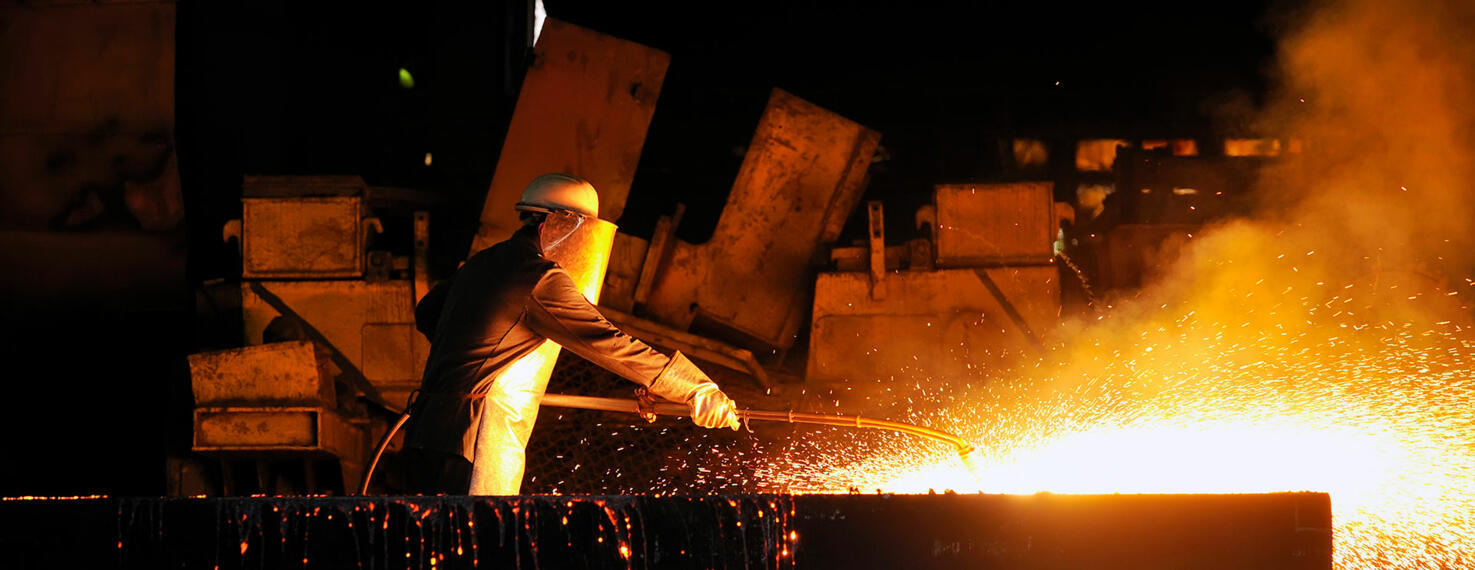
Lexikon: W
What does the RoHS directive regulate?
The RoHS directive regulates the use of lead, mercury and more in electrical and electronic devices.
The RoHS directive 2011-65-EU was adopted by the European Union in 2011 and came into force in 2013. They regulate the use of hazardous substances in electrical and electronic devices. RoHS stands for Restriction of Hazardous Substances, and limits (the use of certain) hazardous substances. The RoHS directive aims to ban harmful substances from electrical engineering. These substances can be toxic on the one hand and are difficult to degrade, or are not degraded at all, by the environment on the other hand.
The chemical substances affected by the directives are lead, mercury, chromium (VI), cadmium, polybrominated biphenyls (PBB) and diphenyl ethers (PBDE). In 2015, the substances bis(2-ethylhexyl)phthalate (DEHP), benzyl butyl phthalate (BBP), dibutyl phthalate (DBP) and diisobutyl phthalate (DIBP) were also added. For most substances, the maximum permitted concentration is 0.1%, and cadmium is even subject to a limit of 0.01%.
Implementing the RoHS directive
In Germany, the directive is covered by the Electrical and Electronic Equipment Substance Ordinance. In contrast to the previous directive 2002-95-EC, which was incorporated into the Electrical and Electronic Equipment Act, trading partners now have more obligations to ensure the safety of non-hazardous products.
To prove that products are RoHS compliant, there are two ways regulated in the DIN standards DIN EN 62321 and DIN EN 50581. DIN EN 62321 requires that a chemical analysis be carried out to determine the concentrations in which the relevant substances are present. DIN EN 50581 refers to the technical documentation. Here, it may be sufficient to produce supplier declarations, for example. However, in some cases it is also necessary to have analytical test results available for all materials and components.
In order to protect the environment, TENTE observes the RoHS guidelines for all castors, wheels and other products and does not use the corresponding substances.
